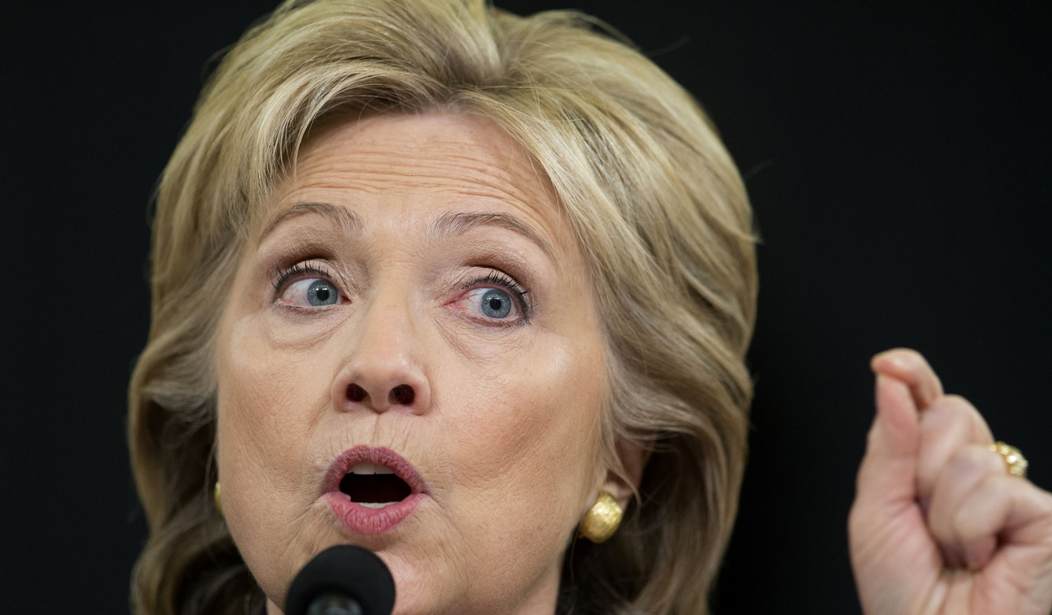As Special Counsel Robert Mueller's investigation into the 2016 presidential election heats up, with his authority spanning well beyond campaign borders, lobbyist Tony Podesta has come under investigation.
According to NBC News Mueller is looking at Podesta, brother of Clinton campaign chairman John Podesta, for failing to register as a foreign agent. He resigned Monday from his position at Podesta Group, a swanky lobbying firm in Washington D.C., just hours after indictments came down for businessman Paul Manafort.
Naturally, Mueller will be looking at Podesta's high paying clients as part of his criminal probe. Who exactly were Podesta's clients at Podesta Group? Uranium One is on the list.
Check out the Podesta Group’s lobbying registration form for their client, Uranium One. https://t.co/5ycP9Gkdru pic.twitter.com/c4uygVuQYp
— Nick Short ???? (@PoliticalShort) October 31, 2017

Was Podesta working for on the Uranium One project while failing to register as a foreign agent? And did he get the job because of his ties to the Clintons and more specifically, thanks to Hillary Clinton's role at the State Department?
As a reminder, Russian nuclear officials directed by President Vladimir Putin engaged in bribery and kick backs to gain 20 percent control of U.S. uranium supply back in 2010. This scheme was otherwise known as Uranium One, due to the connection to a Canadian energy company, which was approved by Secretary of State Hillary Clinton along with other U.S. government officials. After the deal went through, former President Bill Clinton was paid millions of dollars to give speeches in Russia and the Clinton Foundation saw a $145 million influx.
Before the Obama administration approved a controversial deal in 2010 giving Moscow control of a large swath of American uranium, the FBI had gathered substantial evidence that Russian nuclear industry officials were engaged in bribery, kickbacks, extortion and money laundering designed to grow Vladimir Putin’s atomic energy business inside the United States, according to government documents and interviews.
Federal agents used a confidential U.S. witness working inside the Russian nuclear industry to gather extensive financial records, make secret recordings and intercept emails as early as 2009 that showed Moscow had compromised an American uranium trucking firm with bribes and kickbacks in violation of the Foreign Corrupt Practices Act, FBI and court documents show.
They also obtained an eyewitness account — backed by documents — indicating Russian nuclear officials had routed millions of dollars to the U.S. designed to benefit former President Bill Clinton’s charitable foundation during the time Secretary of State Hillary Clinton served on a government body that provided a favorable decision to Moscow, sources told The Hill.
Recommended
I'll leave you with this:
Leon Panetta: Probably a good bet that additional indictments are forthcoming, could involve members of both parties https://t.co/C0tQqpTjOk
— CNN International (@cnni) October 30, 2017

























Join the conversation as a VIP Member